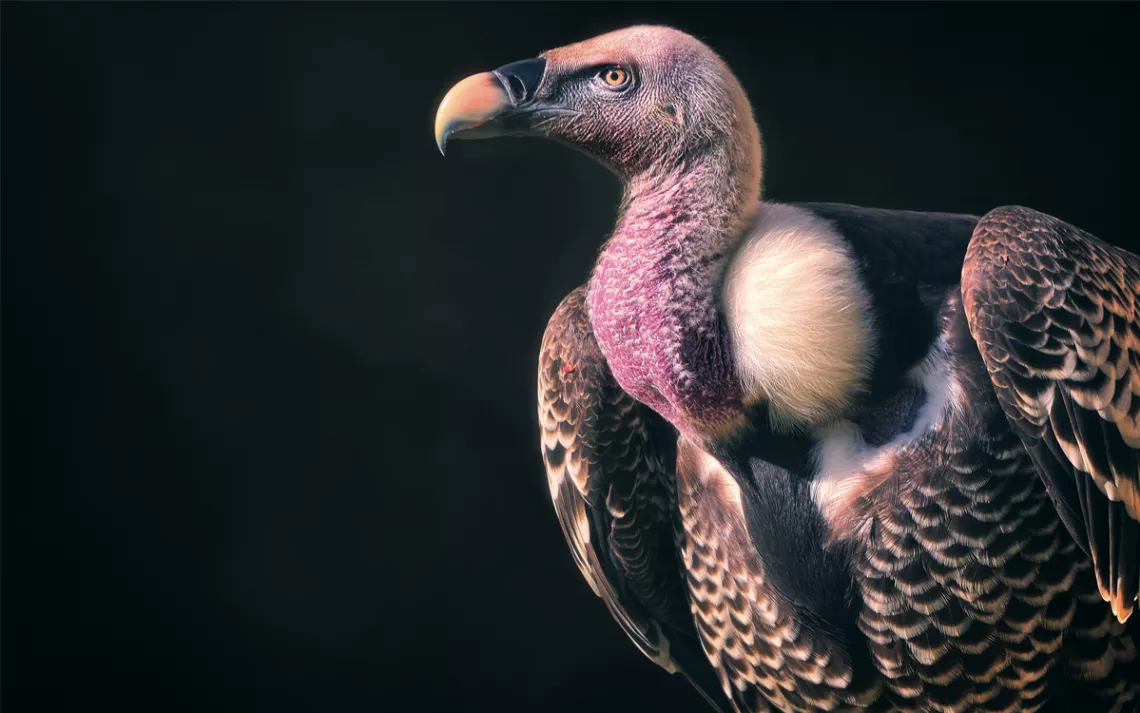Pet Lion
The Intriguing Idea of Having a Pet Lion: A Comprehensive Guide
- The Intriguing Idea of Having a Pet Lion: A Comprehensive Guide
The concept of having a pet lion is as fascinating as it is controversial. Throughout history, these majestic creatures have captivated human imagination, symbolizing strength and royalty. Yet with modern sensibilities, keeping a lion as a pet raises numerous ethical and practical questions. In this comprehensive guide, we explore the allure, the risks, and the realities of having a lion as a pet.
Understanding the Nature of Lions
Before even considering a lion as a pet, it is crucial to understand the basic nature of these animals:
- Wild at Heart: Lions are apex predators, built for the wild African savannas, not confined domestic lives.
- Social Creatures: In their natural habitat, lions live in prides, depending on intricate social structures.
- Sheer Size and Strength: An adult male lion can weigh over 400 pounds, with a strength that no human could match.
Given these characteristics, the suitability of lions as pets is already in serious doubt.
Legal and Ethical Considerations with Pet Lions

Legality of Owning a Lion
If you're contemplating acquiring a pet lion, you must first navigate through a thicket of legalities:
- Local and State Regulations: Ownership laws differ greatly by location, with many areas completely prohibiting private lion ownership.
- Permits and Paperwork: Where legal, extensive paperwork and special permits are often required to keep a lion.
Ethical Implications
Beyond legality, potential owners must confront stark ethical implications:

- Animal Welfare: Can the needs of a lion truly be met in a domestic environment?
- Public Safety: Owar accidents or intentional releases.
Practical Challenges of Lion Ownership
Housing and Enclosure
Lions require vast amounts of space to roam, with enclosures a small fraction of their natural range:

- Zoning Requirements: Most residential areas are not zoned for the type of secure containment lions require.
- Enrichment Needs: Lions need mental and physical stimulation to prevent boredom and aggression.
Diet and Healthcare
Lions have specialized dietary requirements and healthcare needs:
Target Video Game Return Policy 2022
- Carnivorous Diet: Lions consume large quantities of meat, necessitating a significant and consistent food supply.
- Veterinary Care: Providing proper veterinary care for an exotic animal like a lion is both difficult and expensive.
Real-Life Stories of Pet Lions
In media, tales of pet lions often capture public fascination:
Does Walmart Sell Cigarettes Cigars E Ciggerates
- Heartwarming Reunions: There are viral videos showing seemingly warm reunions between lions and their former human caretakers.
- Tragic Outcomes: Conversely, numerous stories exist of escaped pet lions causing havoc or the tragic death of owners.
Alternatives to a Pet Lion
For those drawn to the beauty and majesty of lions but acknowledging the impracticality and ethical issues of ownership, there are alternatives:
Does Burger King Have Milkshakes
- Sponsor a Lion Conservation Program: Contributing to lion conservation efforts supports their survival in the wild.
- Visit Accredited Sanctuaries: Ethical sanctuaries provide a controlled environment to admire and learn about lions.
Conclusion: The Reality Behind the Pet Lion Fantasy
The dream of having a pet lion is fraught with far more complexities than what simple fascination can reconcile. Between legal restrictions, ethical concerns, and the demanding nature of lion care, the fantasy of a pet lion remains just that: a fantasy for the vast majority of people.
In conclusion, while the thought of sharing your home with a lion can be thrilling, the stark realities behind such an undertaking mean that for most, a pet lion should remain a subject of imagination rather than a member of the household. Instead, efforts should be diverted to supporting these magnificent creatures in the wild, where they can thrive in their natural habitat.






